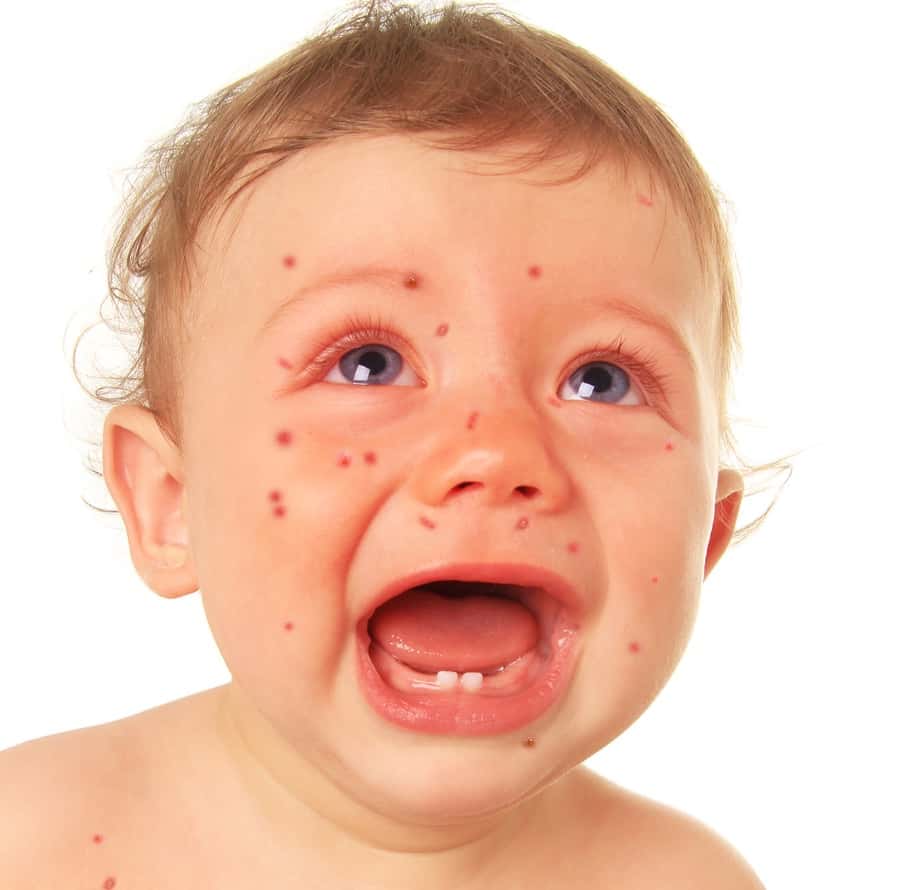
There are half a dozen measles outbreaks currently underway in the US, as well as several serious international outbreaks. Consequently, the news on measles vaccine from Denmark is important. Scientists conducting an extremely large study found no evidence of a link between measles vaccine and autism.
How Was This Study Conducted?
The nationwide study included everyone born between 1999 and 2010 (Hviid et al, Annals of Internal Medicine, March 5, 2019). More than 650,000 children fell into that group. As a result, the study covered more than 5 million person-years of follow-up.
The Danish health system keeps excellent records on all its citizens, including the children. Therefore the scientists are confident that they identified all the children diagnosed with autism during the study period. There were 6,517 children who developed this condition.
Why Did Investigators Decide There Is No Link Between Measles Vaccine and Autism?
Children who did not receive the measles-mumps-rubella vaccine, or MMR, were equally as likely as vaccinated children to develop autism. If there were a link of any sort, vaccinated children would have been more likely to get such a diagnosis. That did not happen in Denmark. The scientists examined the data closely. They wanted to know whether there was any association between measles vaccine and autism among high-risk children. Even youngsters with an autistic sibling were no more likely to develop autism after vaccination.
The investigators conclude:
“The study strongly supports that MMR vaccination does not increase the risk for autism, does not trigger autism in susceptible children, and is not associated with clustering of autism cases after vaccination.”
Previous studies have also failed to turn up a link between measles vaccine and autism (Jain et al, JAMA, April 21, 2015; Fombonne & Chakrabarti, Pediatrics, Oct. 2001; Fombonne et al, Pediatrics, July 2006).

